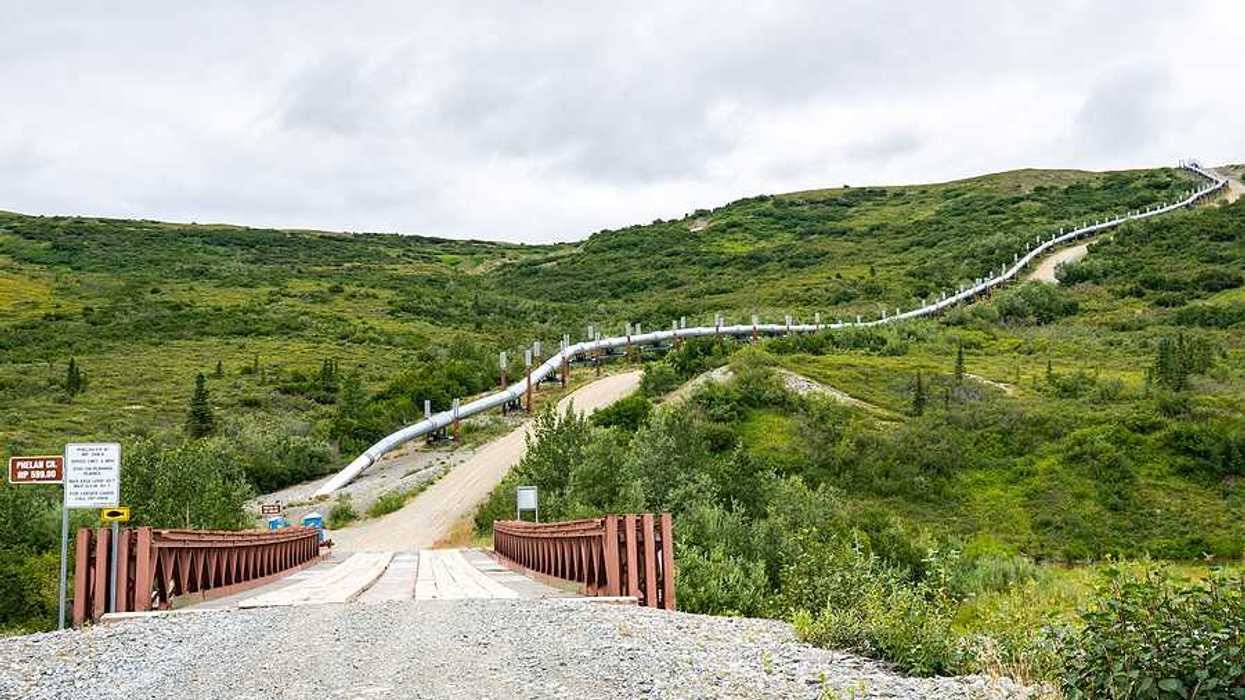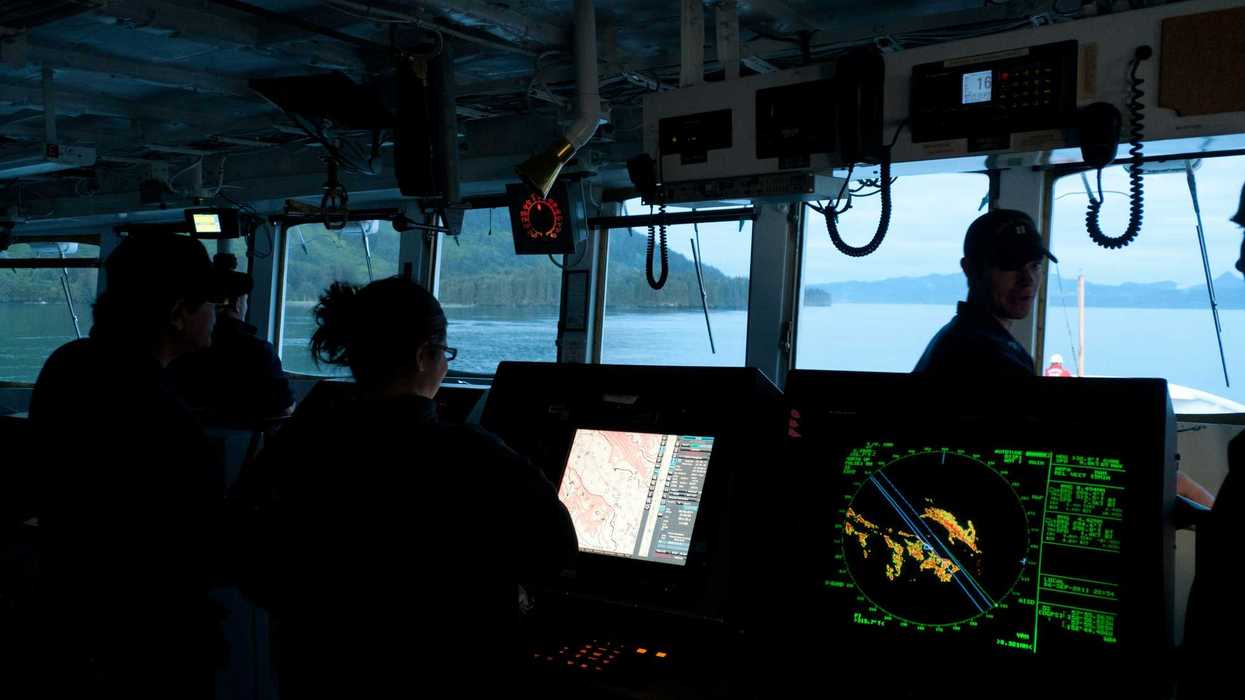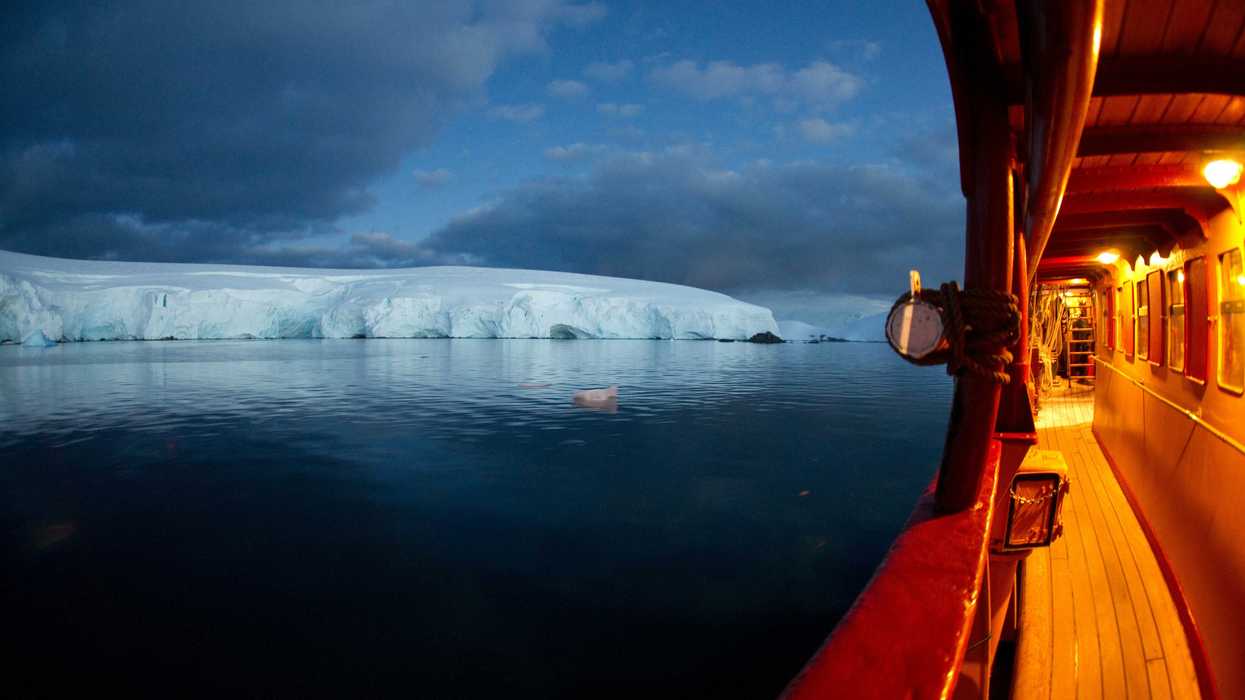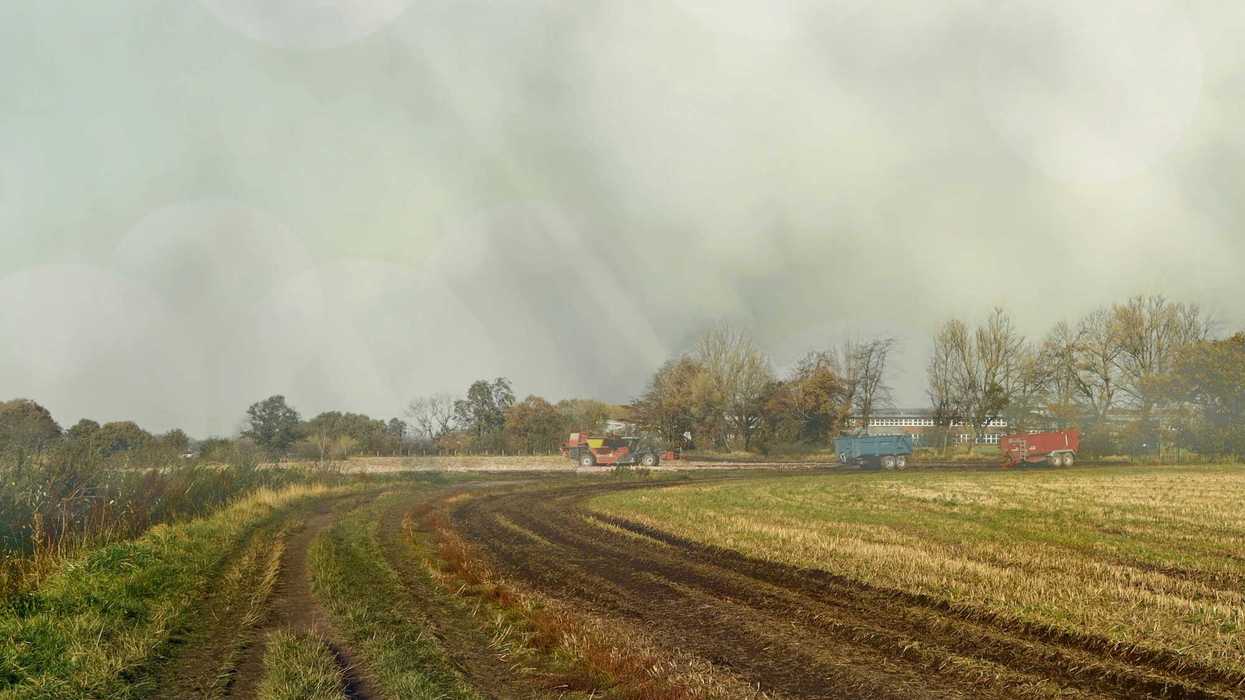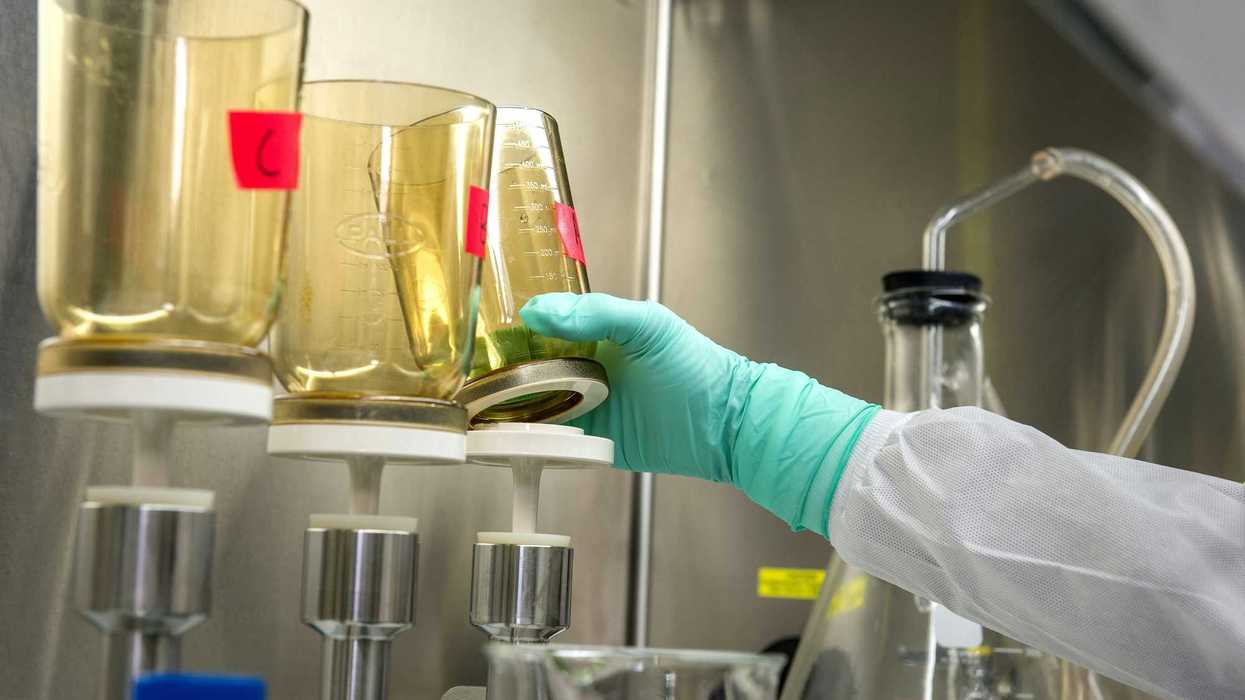Salvage efforts after the collapse of Baltimore's Key Bridge could disrupt toxic sediments, threatening local water quality and ecosystems.
Jeremy Cox reports for the Bay Journal.
In short:
- Environmental specialists worry about disturbing toxic sediments in Baltimore Harbor, which could worsen pollution levels.
- Although no immediate environmental risks have been reported, ongoing monitoring is essential as salvage operations continue.
- Efforts to minimize risks include shutting off a nearby gas pipeline and creating alternative shipping channels.
Key quote:
"Our biggest concerns moving forward are really related to the impacts to disturbing the legacy sediments we know are present in the harbor."
— Allison Colden, Maryland executive director for the Chesapeake Bay Foundation
Why this matters:
Over time, pollutants have settled at the bottom of Baltimore Harbor, creating layers of contaminated sediment. These sediments often contain heavy metals, pesticides, and other hazardous substances that can be harmful to aquatic life and, by extension, to the ecosystems and human communities that depend on these waters. Disturbing the sediments in the harbor could release harmful pollutants, affecting water quality and marine life.
In 2012, dredging of a highly contaminated canal along the shore of Lake Michigan began, triggering fears among some experts that the project could release harmful chemicals.


